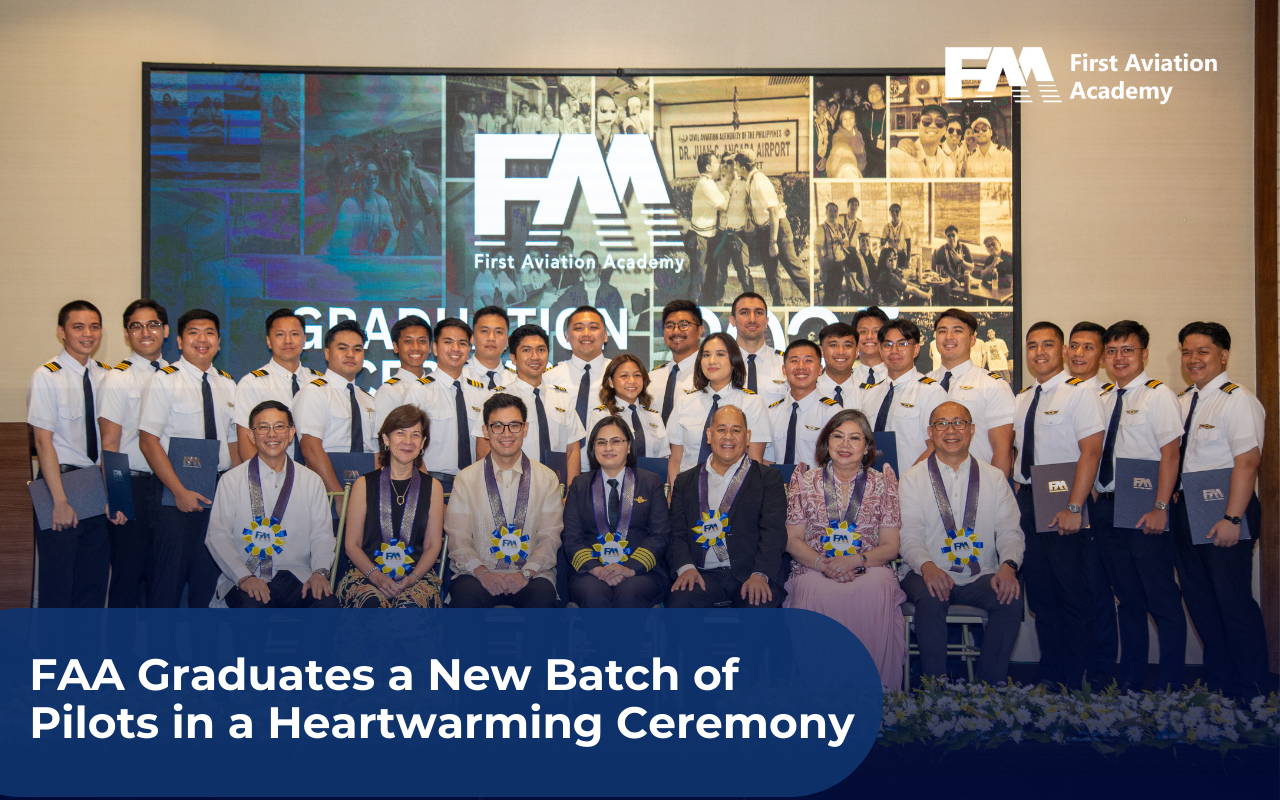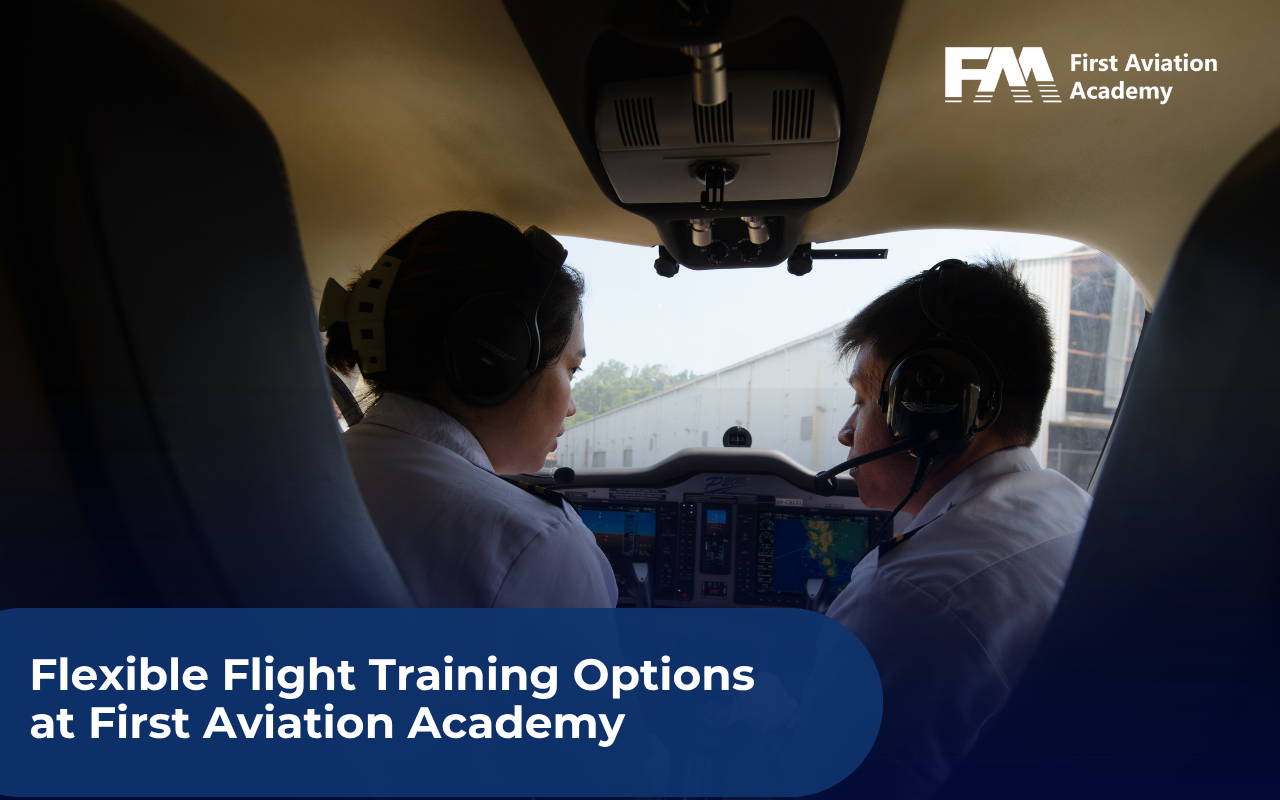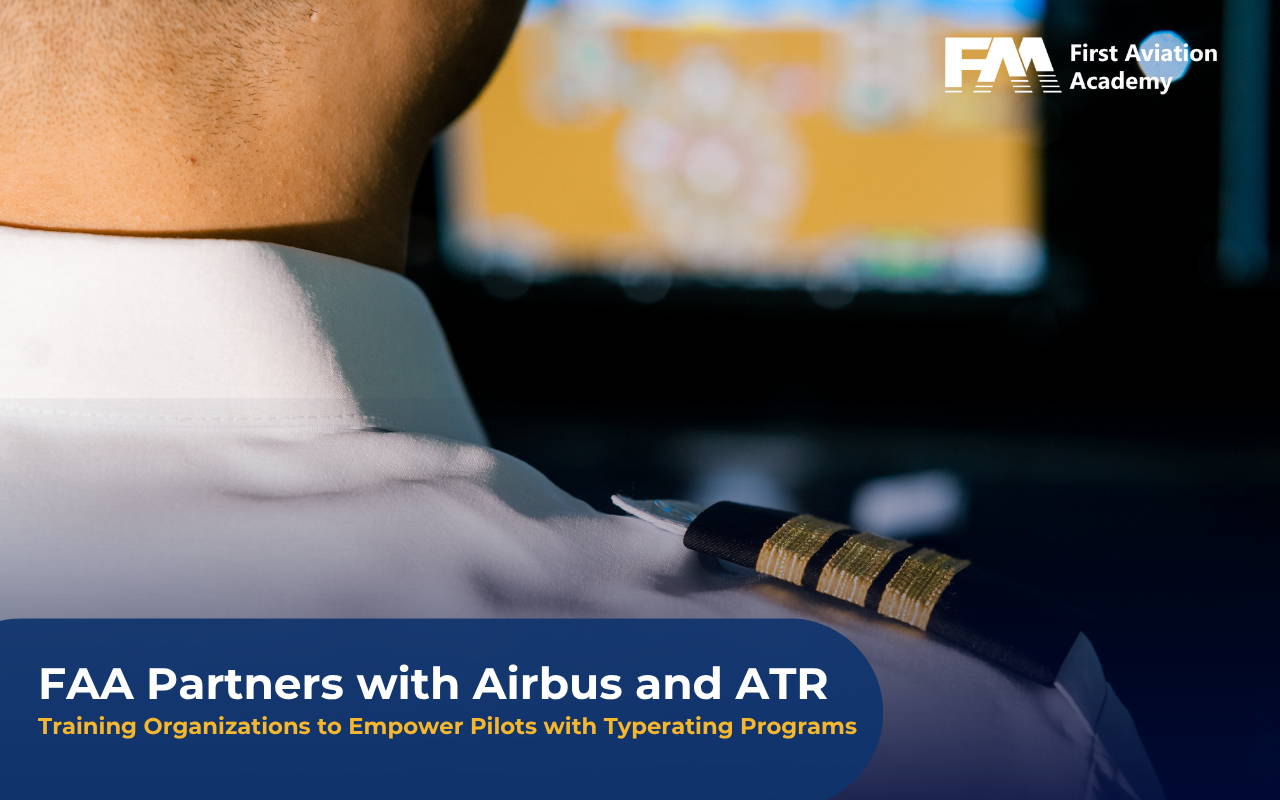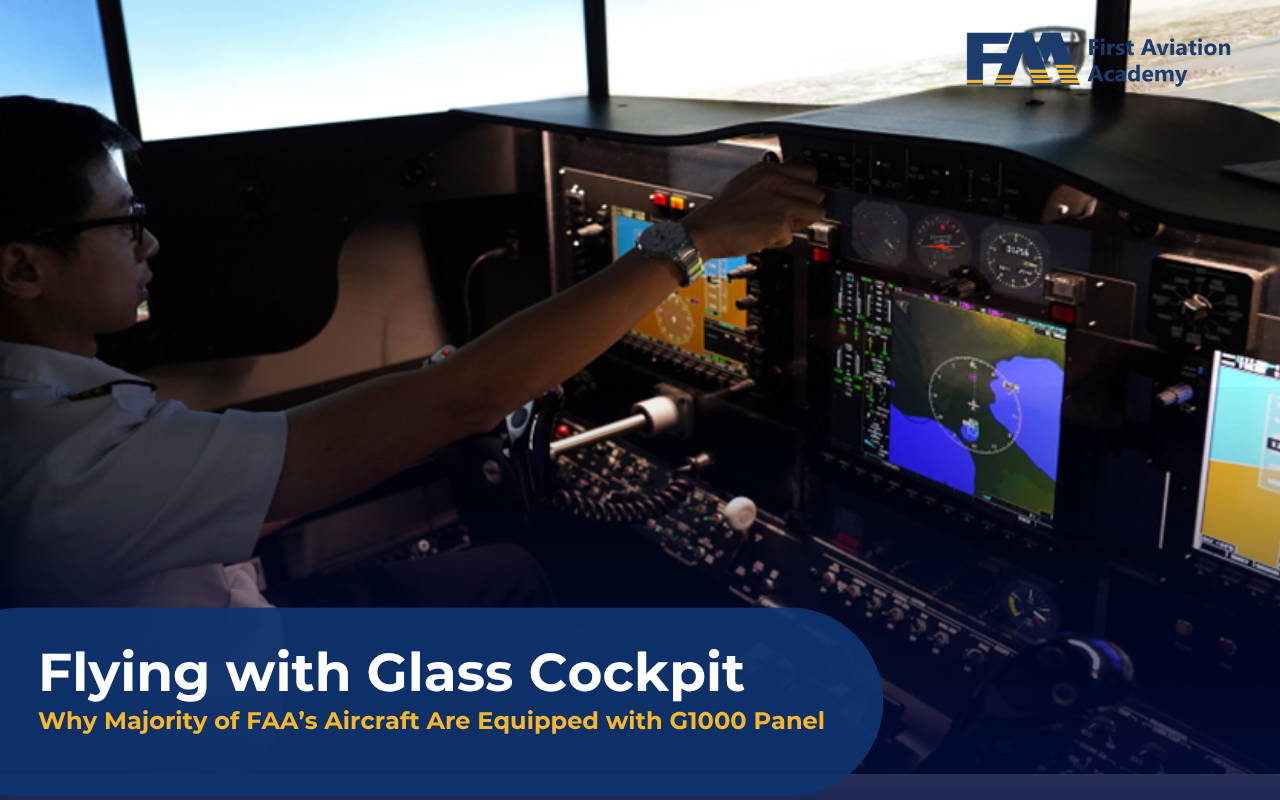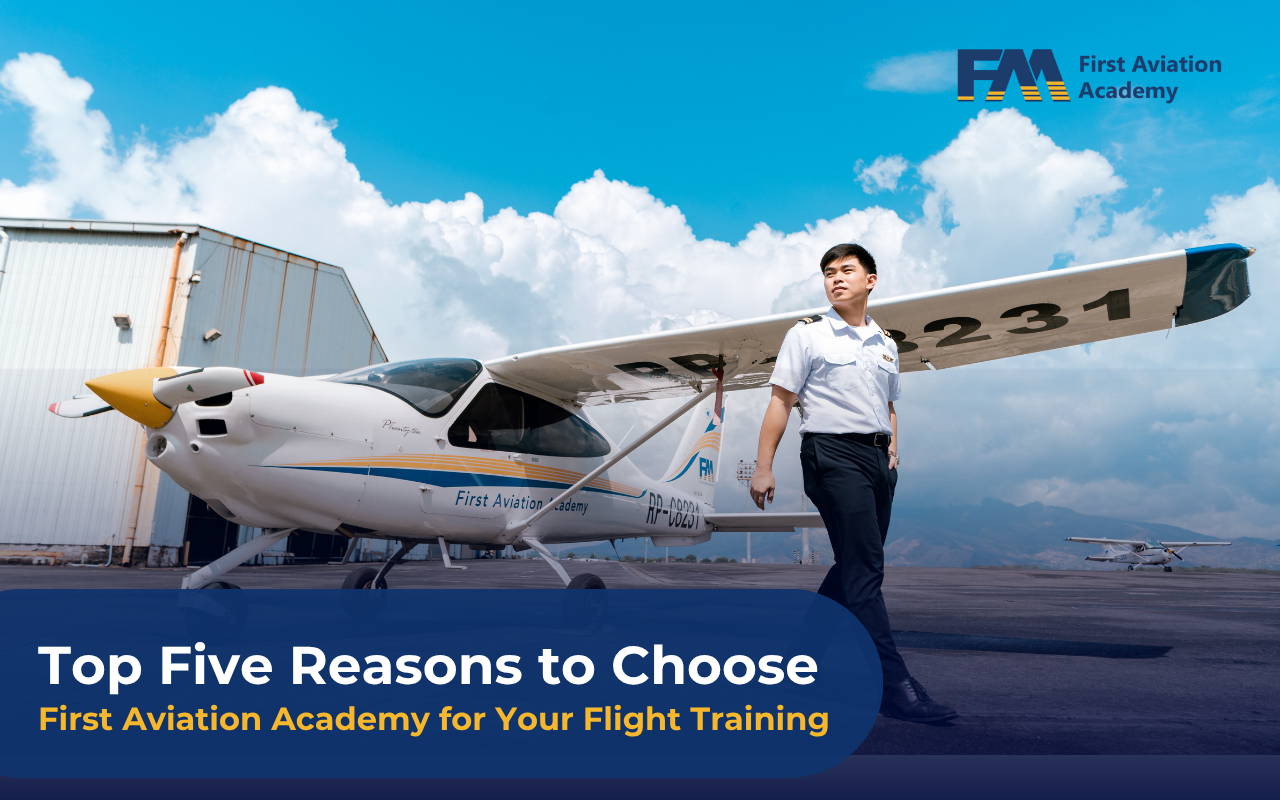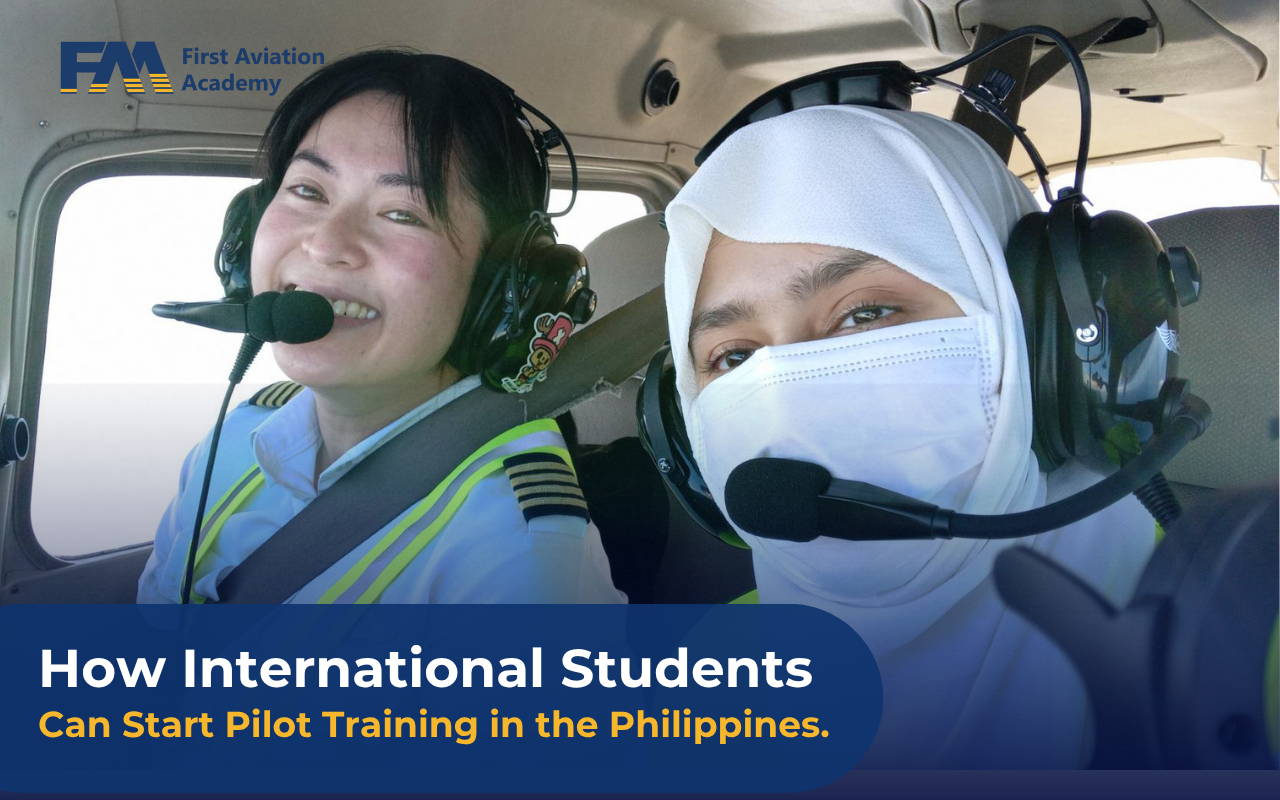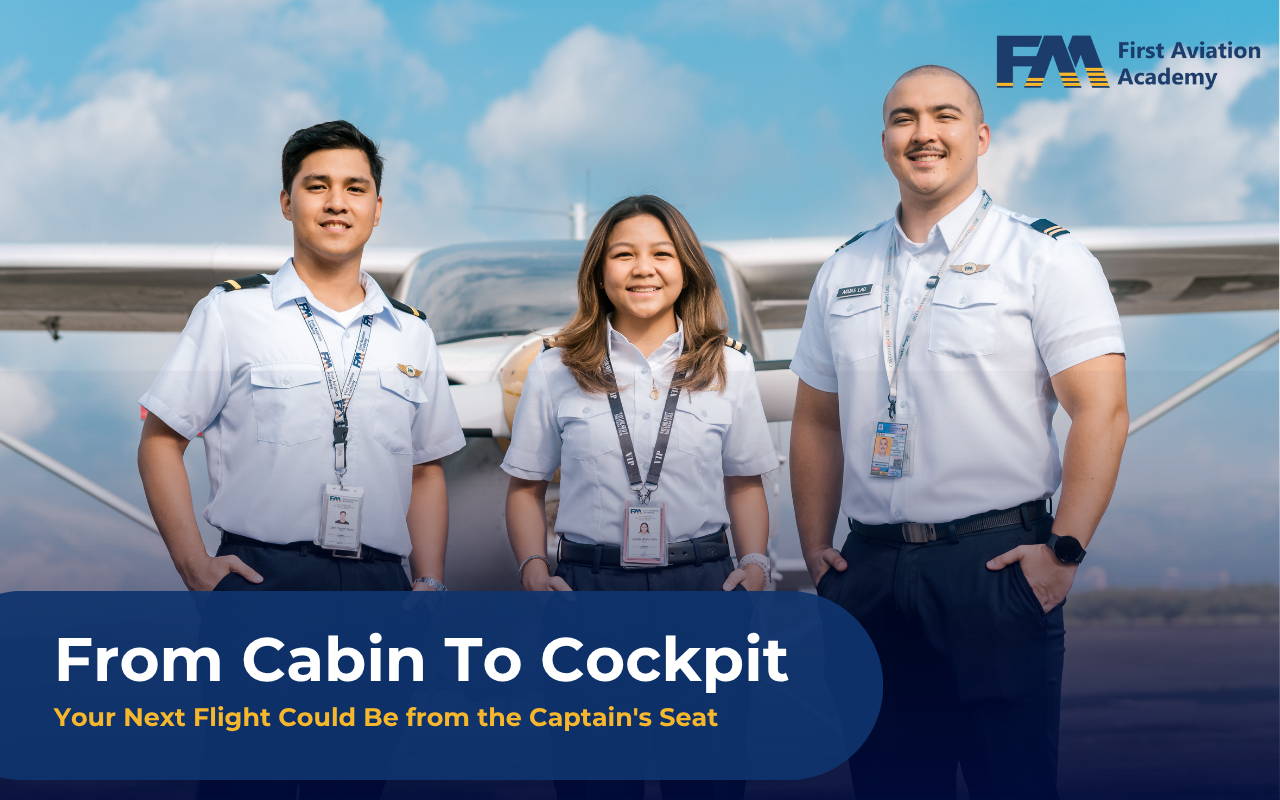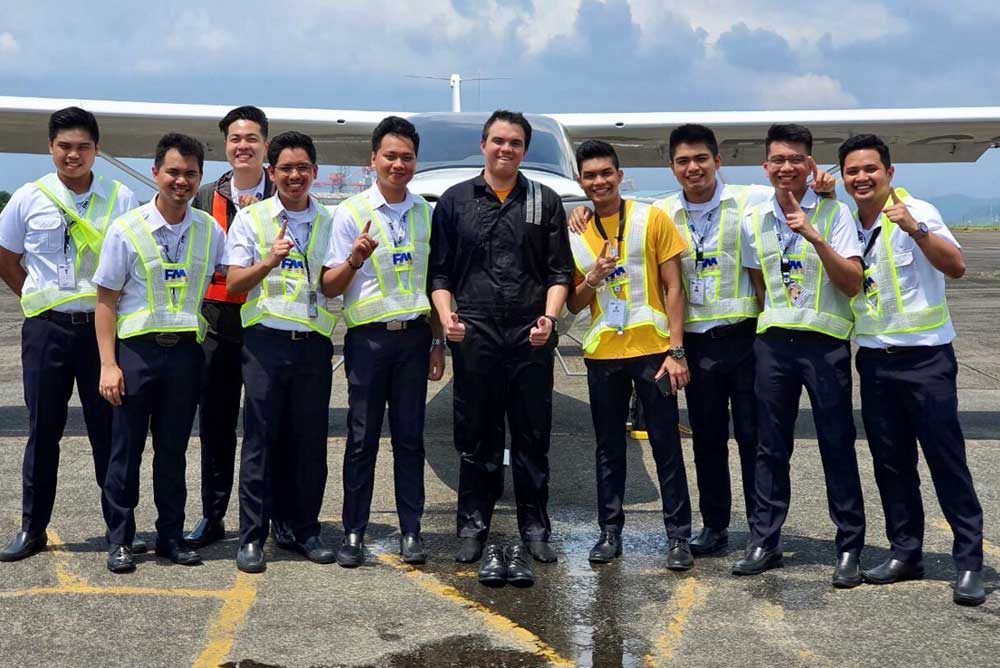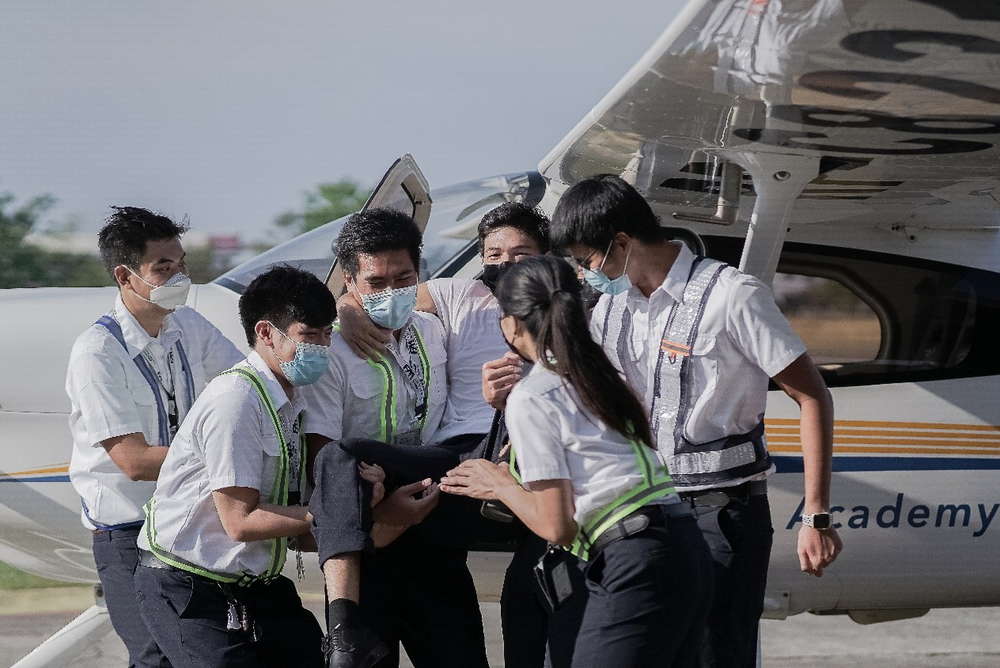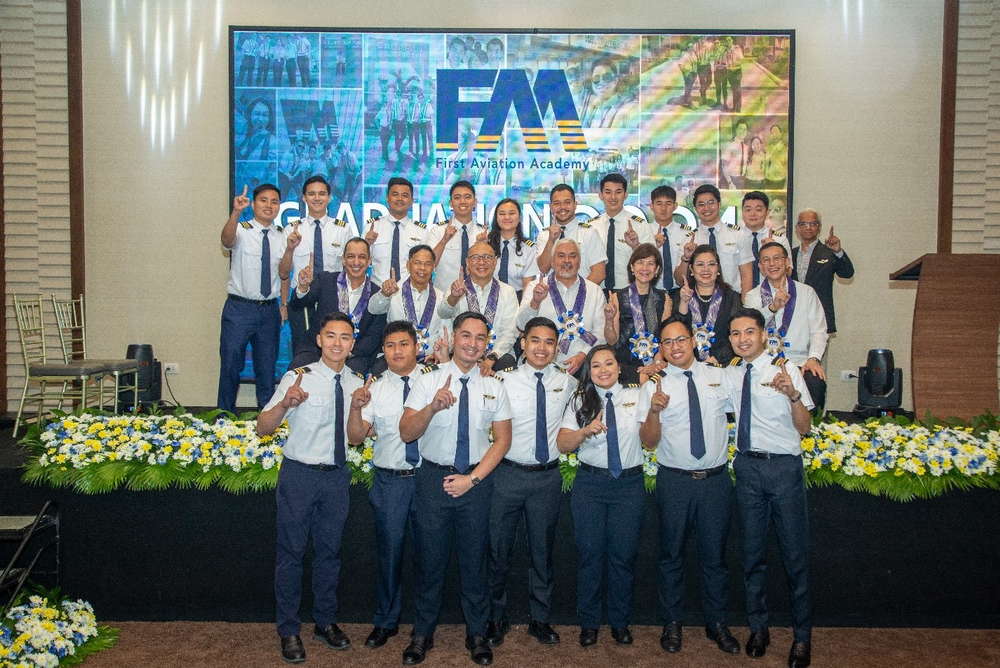
Why Choose the Philippines for Pilot Training?
- Quality Aviation Schools
The Philippines is home to reputable aviation. These institutions are equipped with modern facilities, experienced instructors, and state-of-the-art flight simulators, ensuring you receive top-notch pilot training. - Cost-Effective Training
Compared to countries like the United States or Australia, pilot training in the Philippines is more affordable without compromising quality. Lower living expenses also make the Philippines an attractive option for Nepalese students. - Ideal Weather for Flight Training
The Philippines offers weather conditions that good for real-world scenarios, it enhances their decision-making skills and improves their confidence. - English as the Medium of Instruction
Since English is one of the official languages of the Philippines, you won’t face language barriers. All flight training and ground school courses are conducted in English, making it easy for international students to learn and communicate.
Steps to Pursue Pilot Training in the Philippines
- Research and Choose an Aviation School
Begin by researching the aviation schools that offer commercial pilot license (CPL) with Instrument Rating (IR) and Multi Engine Rating (MER) Ensure the school is approved by the Civil Aviation Authority of the Philippines (CAAP) and recognized internationally.
- Meet the Eligibility Requirements
To enroll in a pilot training program, you must:
- Be at least 17 years old.
- Have completed high school or an equivalent level of education.
- Hold a valid passport.
- Be proficient in English (some schools may require English proficiency tests).
- Physically and mentally fit
- Apply for a Student Visa
As a Nepal citizen, you’ll need a 9(f) student visa to study in the Philippines. First Aviation Academy will assist you with your visa application. The application process includes:
- Receiving an Acceptance Letter from the aviation school of your choice.
- Applying for a student visa at the Philippine Embassy in Nepal.
- Submitting required documents such as proof of financial capability, educational background, and a police clearance.
- Start Ground School and Flight Training
Once you’ve secured your visa and are enrolled, your pilot training journey begins with ground school. This is where you’ll learn aviation theory, navigation, air law, meteorology, and more.After completing ground school, you’ll progress to flight training, where you’ll log flight hours under the supervision of a certified flight instructor. This phase involves mastering various maneuvers, navigation, and flight procedures.
- Obtain Your Commercial Pilot License (CPL)
After completing the required flight hours and passing your written and practical exams, you will earn your Commercial Pilot License (CPL), allowing you to work as a pilot in airlines or other aviation sectors.
- Pursue Additional Training
Having just a CPL may not be enough to pursue a career with the airline. Take the Instrument Rating and Multi-Engine Rating to ensure that you will be well-prepared to take on that airline career.
- Additional Tips for Nepalese Students
- Accommodation and Living Expenses
Most aviation schools offer on-campus housing or nearby accommodation for international students. Living costs in the Philippines are generally lower than in Western countries, with affordable options for food, transportation, and other essentials. - Cultural Adaptation
Nepalese students will find the Philippines to be a welcoming country with a rich cultural mix. The locals are friendly, and the student communities are diverse, making it easier to adjust to life in a new country. - Weather and Safety
While the weather is generally favorable for flying, it’s essential to be aware of the tropical climate, including the rainy season. Aviation schools have safety protocols in place to handle weather disruptions and ensure students’ safety during training.
The Philippines provides an excellent pathway for aspiring Nepalese pilots to achieve their dreams. With world-class aviation schools, affordable training costs, and a supportive learning environment, the country offers the perfect combination for a successful aviation career. Take the first step by choosing the right aviation school, meeting the visa requirements, and embarking on your exciting journey to becoming a professional pilot!

